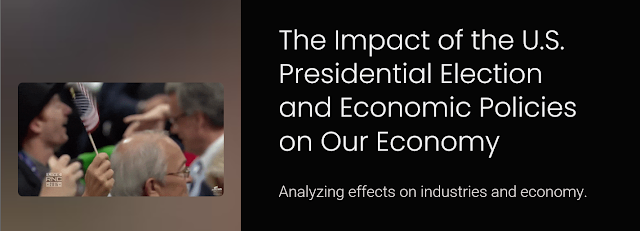Top 10 U.S. Manufacturing Trends for 2024: A Witty Guide for a Smart 2025

1. AI, Assemble! 🤖 - Digital Transformation Hits Manufacturing AI and automation are taking over the factory floor, but don’t worry—it’s here to help you work smarter, not harder. ChatGPT for Factories : Robots asking you to "please fix that jam... kindly." Predictive Maintenance : Machines calling for help before things get awkwardly smoky. Smart Tesla Factory : Assembly lines so advanced, they're almost too cool for bolts. 2. Planet-Saving Machines 🌱 - Sustainability at Full Throttle Manufacturers are swapping oil for sunshine and treating waste like a Netflix binge-worthy problem—reduce and recycle! Ford's Green Shift : Less pollution, more vroom-vroom. Recycled Packaging : P&G now treats "reuse, reduce, recycle" like it's a brand new religion. Intel's Energy Efficiency : Saving watts like they’re rare collectibles—gotta save 'em all. 3. Bring It Home, Baby! 🏠 - Reshoring and Local Supply Chains Manufacturers are in a control-freak mode...










